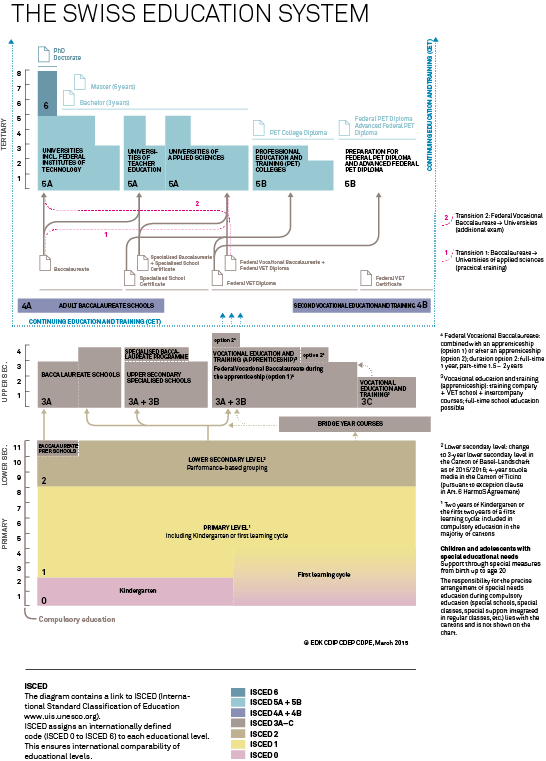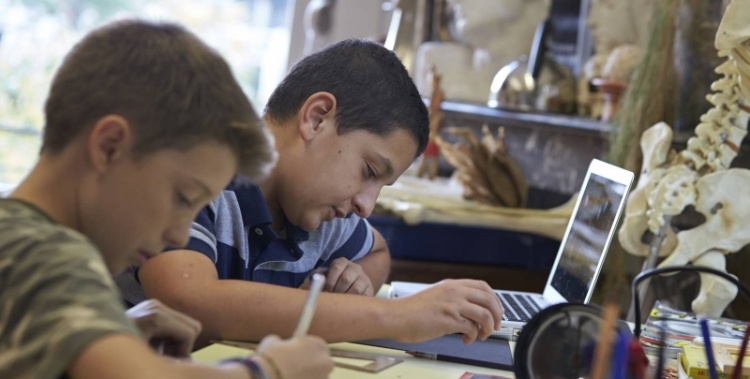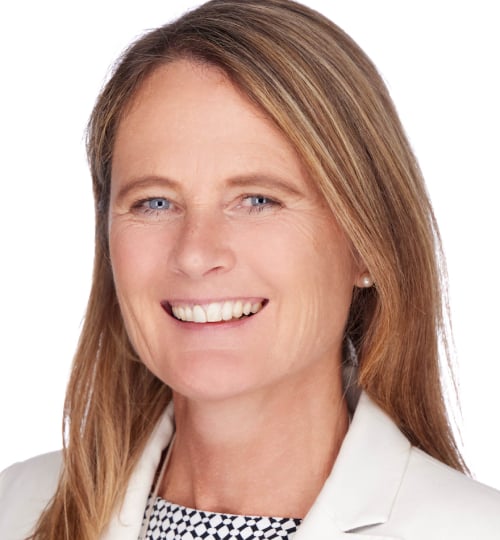Our recent blog post outlined the Swiss public education system, the content of which varies greatly from canton to canton. For many children, the Swiss system meets their needs and provides them with the challenge and the knowledge to take them to the next stage of their lives.
Increasingly, expats arriving in Switzerland with young children opt for their local school because they want their children to be fully immersed in French and have friends within the local community. However, there are also reasons why parents choose to keep their children out of this system. This article will provide further information on the Swiss system and explore some of its pros and cons.
Early education in state schools in Switzerland
Starting from the age of 3, children can choose to attend nursery school or kindergarten and are encouraged to paint, draw and learn how to play musical instruments. Creativity and natural learning is emphasized during these years.
Two years later, they move on to free and compulsory primary school, which lasts from four to six years, depending on the canton (for example, Basel’s compulsory education, from children 3 years of age, lasts a total of 11 years). Children are encouraged to embrace their individuality by not having to wear a school uniform in any public school.
So far, things sound pretty similar to the British or American public school system as state schools in Switzerland, right? At the end of primary school, however, is where things become a bit less familiar.
Swiss education in secondary school
Secondary school is separated into two main tracks from the age of 11. The first is specifically designed to assist children to get into a university. It is focused more on pure academics and research and even at aged 11 students have to make certain subject choices. The second is more vocational, made for children wanting to get into trade jobs through apprenticeships- for example: gardener, plumber, electrician and so on.
There is a third, less official track that some students are assigned to instead of the first two. This track is for children with special needs or any of a variety of disabilities.

State education system in Switzerland - Diagram ( ©EDK CDIP CDEP CDPE) Click to view PDF
State vs. private school: a parent's perspective
The following are highlights taken from conversations with Brillantmont school parents regarding this debate and their own experiences with the school system:

One mother, Mrs H, says of her daughter,
“She's a bright, friendly, witty girl. This has always been the case, but in the Swiss system she was unable to be herself! The nurturing environment of Brillantmont has been a breath of fresh air. M has been encouraged to be herself, but to have more self-confidence. This is the most important thing for us.”
This sentiment is echoed by Mrs M, who says of her two boys,
“Our two boys of 15 and 16 years have been attending Brillantmont International School for the last three years. Previously our children were schooled in the local system. We had read in the manuals and literature before moving here ten years ago that the Swiss school system was one of the best in the world so we were quite confident the local school was the way to go. Unfortunately, what we soon found was that if your child is not of the right mould the system was pretty much inflexible.
We thought our English-speaking children were doing very well in absorbing the language and fitting in but we soon realised that as they progressed into the higher classes their French was never good enough.
We also didn't agree with the Swiss very early streaming, which is achieved by relentless weekly testing where every test counts! Children are from the age of 11 put through an extremely rigorous and, I find, quite old-fashioned academic regime. Creativity, learning difficulties cultural differences are often seen as insurmountable obstacles rather than challenges to embrace”
Another parent, Mrs M, does not question the quality of the local system and agrees that it might work for some children. However, for her children it wasn’t the right choice either. She shares her experience here:
“Arriving at Brillantmont we found enthusiastic competent teachers used to dealing with foreign families. We felt the problems have always been dealt with great professionalism and friendliness. Our children's confidence has grown and their strengths valued. Creative activities complement a very serious academic ethos. Our children have developed into well-adjusted happy young men who go to school happy every day.”
As you look into all the middle and high school options in your area, consider private schools like Brillantmont International School. With its unique small class sizes and tailored educational environment, Brillantmont can offer your child opportunities that are not found elsewhere.
Please contact us for more information or try out our Summer Course 2015 to get a flavour of the Brillantmont culture!
For further reading on the vocational school track in Switzerland read this article from Time Magazine.
Other articles you might enjoy:
Why Swiss Public Schools Might not be Right for You
Moving to Switzerland? Should I Send my Child to a Private School?
How to prepare psychologically for a new school





